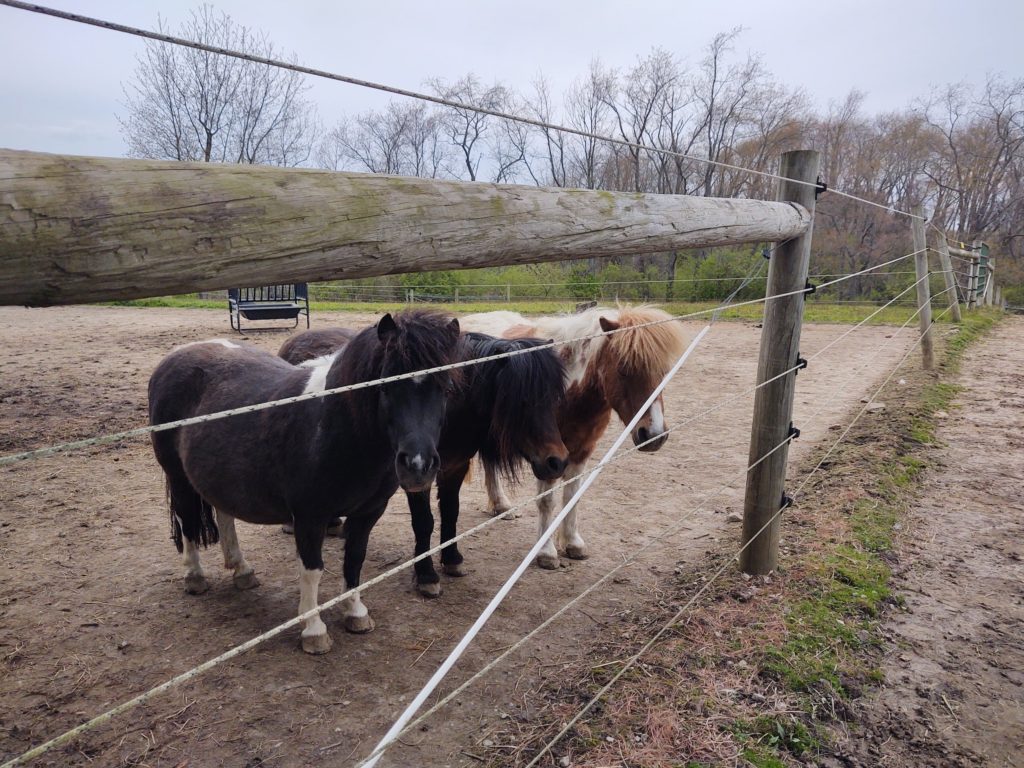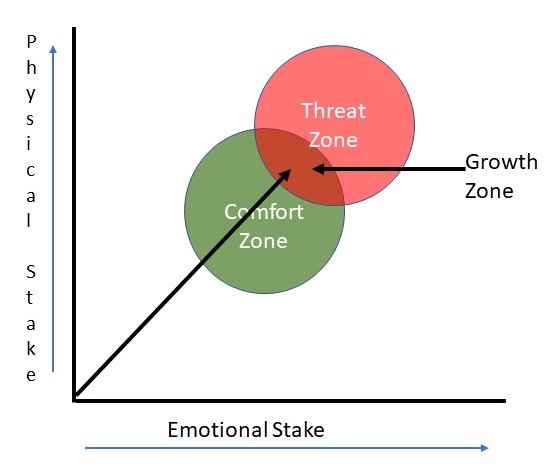
Remember, we see the world not as it is but as we are. Most of us see through the eyes of our fears and our limiting beliefs and our false assumptions. – Robin S. Sharma
A colleague with whom I am working to launch an in-depth diversity training for leaders recently asked me to join her for a meeting.
Since experiential learning is at the heart of my leadership and team development program, I was delighted to have a seat at the table to be part of the conversation because I’ve learned that people can’t move the needle on anything until they gain awareness of biases that may be preventing forward movement. And nothing will bring bias into the open more quickly that mentioning horses in the conversation. LOL
While I have watched horses be amazing coaches in developing leadership capabilities across all levels of organizations, not everyone sees them in that way. I’ve worked with over 1000 people all over the world in leadership workshops with the horses and I have come to realize that almost everyone has a “horse story” of some kind that impacts their beliefs, perceptions, and assumptions about horses. The story may be positive – “I got to ride horses at camp every summer and it was the best thing ever!” The story may be unpleasant – “We went on a trail ride one time while we were on vacation and the horse I was riding hated me. It kept trying to stop and eat grass!” And sometimes the story isn’t even owned by the person telling it – it was someone else’s experience but the person who adopted it uses it as a base to form their beliefs.
Let me give you an example of how this works. One day I was at the post office and had on a shirt with my logo – which has a horse head in it. The postal worker assisting me asked if I had horses and I said “Yes, I have 2 full size horses and 3 Miniature Horses.” Her response “Oh, I’ve heard Miniature Horses are evil.” No lie, this was what she said to me with a straight face. When people share these kinds of observations with me I am intrigued to hear more so I asked her if she had Miniature Horses. She responded, “No, I have a friend who told me they are evil.” So, she hadn’t experienced a negative interaction with Miniature Horses herself, but since someone she knows made this statement, it created a bias for her about Miniature Horses. I know there are Miniature Horses that come across as difficult (there’s lots to unpack in that bias – for more thinking on it, read my blog “Debunking Stubborn”) but hundreds of people who have worked with my team of three Miniature Horses would attest to the fact that they are not evil. I rarely host a leadership workshop where someone doesn’t threaten to sneak one out in their car. My guess is that the person who had the Miniature Horse experience that was shared with the postal worker was not aware of how horses experience the world (much different than humans do) or that Miniature Horses in particular are often seen as something to be dominated over as opposed to respected and understood as living beings. I left that interaction wondering how often we “borrow” other peoples’ biases and make them our own because it’s convenient.
The recent events surrounding the murder of George Floyd, Breonna Taylor, and Ahmoud Arbery have brought bias conversations to the forefront of our consciousness in a way that seems more urgent than in the past. Leaders across the globe are scrambling to figure out how to this issue in their organizations. They realize it is something that no longer can be pushed aside. If you are facing this as a leader, here are some things to consider as you are charting a path forward:
- To attract and retain diverse talent, you have to be an organization that diverse talent wants to be part of. To create a culture that diverse talent will seek, the place to start is authentically engaging in dialogue with a facilitator who can guide your team through the difficult journey of examining implicit bias not only in themselves but in the organization as well. A starting point is understanding what implicit bias is and isn’t as well as where it’s originating from (you or borrowed from someone else). Learn more about implicit bias here.
- Your leadership team sets the tone of the organization’s culture and that includes diversity and inclusion (which are not the same thing). Take an honest look at your C-Suite and the leadership pipeline to get to the C-Suite. Is there a plan to bring diverse talent into that pipeline? If not, are there implicit biases that are playing a role? If there is a plan, is the endgame one that diverse talen wants to move towards? You may think you are developing diverse talent for top leadership positions but if the culture of the C-Suite is not truly inclusive, then your efforts to develop a more diverse pool of leaders is going to be wasted because those folks are going to look for an organizational leadership culture that is more welcoming to them.
- Be courageous in your own leadership development. Seek out development opportunities that are outside your comfort zone and will allow you to explore your own beliefs, perceptions, and assumptions about people who are different from you. Be aware of your biases and whether they are truly yours or if you are “borrowing” them out of convenience. This should be an emotionally safe environment where you have the opportunity to grow from experiences that aren’t fluff but also don’t send your brain into threat mode. We learn best when we are pushed out of our comfort zone just enough to know we are uncomfortable but not so much that we shut down (see the diagram below).

Leaders across the world are being challenged to take action to address racism, bias, and a lack of diversity in leadership positions within their organizations. This is hard stuff, no doubt. We can start the conversation by being open to self-awareness and a willingness to understand that beliefs, assumptions, and perceptions may be impacting our actions and keeping us from achieving the outcomes we say we want.
Ginny Telego is the President and Chief Facilitator at The Collaboration Partners, a consulting firm that focuses on partnering with horses to offer experiential leadership and team development. A life-long horse addict, she is passionate about helping people become courageous leaders in their organizations and communities by learning from the wisdom of the herd.
